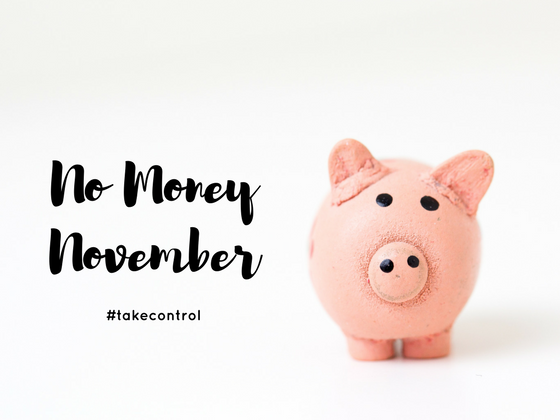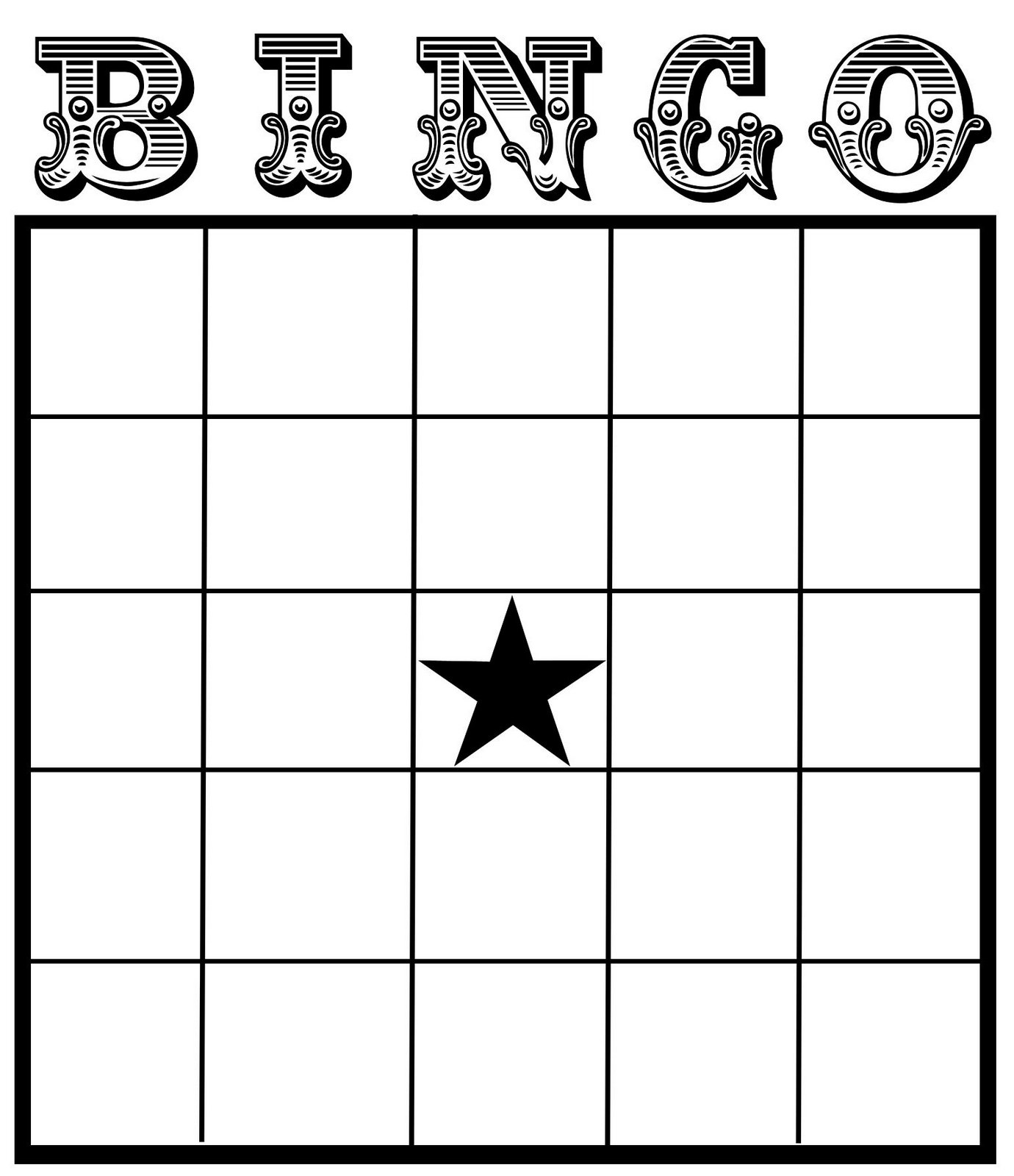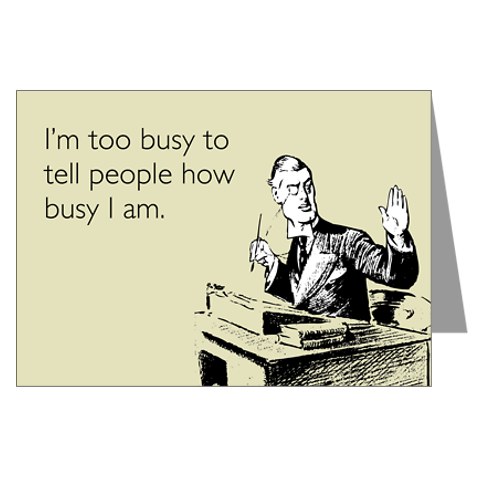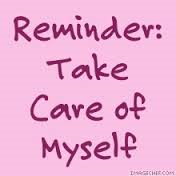A powerful mindset is a valuable asset in your quest for success. The health of your mind and your body are directly connected and have influential power. Do you really believe you can succeed in your work life and relationships? The answer to this question will often be the deciding factor in whether you succeed or fail.
Affirmations
Reciting affirmations is a key method to keeping your mindset powerful. You will need to begin by focusing your goals and positive thoughts and writing them down on a sheet of paper.
Negative Example: “I am terrible at doing my job.”
Positive Example: “I make wise business decisions.”
Spend a short time revising these statements until you think they accurately describe your values and your goals. Reciting these affirmations daily will help you convince your mind they are true.
Perhaps you are thinking, “what is this trickery?” Affirmations are not magic, you are simply tapping into the power that your mind holds over your decisions and pursuits. Conversely, negative affirmations are the natural enemy of wise decisions. Often we speak negative affirmations about ourselves unintentionally. The purpose of creating focused, positive affirmations is to combat the temptation to think negative thoughts.
Positive Thinking
Similar to affirmations, positive thinking is a powerful yet simple tool to help you succeed. Positive thinkers are more adept at trudging through difficulties and failures. Imagine a time you failed at something and reacted with a negative mindset; most likely you didn’t try again. Reacting positively to failures will help you get back up and try again. Once you recognize a failure as a positive stepping stone to your next success, it will be easier to react in a positive manner.
Negative Example: “I failed my latest business presentation, so I must be terrible at public speaking.”
Positive Example: “This new product I created has a fatal flaw, but I know how to fix it and I will create a better product!”
Try to reframe how you approach failure. Combat negative feelings with positive thinking and you will begin to see an improved attitude.
Journaling
 Many people benefit from the act of journaling. This could mean you write a log of your day before bed, or maybe you write your plan for the day in the morning. The act of physically writing these words helps release tension built-up during the day. In the morning, it will help get your powerful mindset ready for the day.
Many people benefit from the act of journaling. This could mean you write a log of your day before bed, or maybe you write your plan for the day in the morning. The act of physically writing these words helps release tension built-up during the day. In the morning, it will help get your powerful mindset ready for the day.
Journaling can also be used with positive affirmations. Try writing your positive affirmations in your journal in the morning and write your plan for the day. You will be pleased to find how well your mind will follow your direction.
Mindfulness and Meditation
It is important to create time to recharge and be calm, especially during a stressful week. Recharging can help you think more clearly to make the best decisions possible. Are mindfulness and meditation the same thing? Not really. Mindfulness is the act of “being present” wherever you are; it really is just a focused form of meditation. Practically, this could look like avoiding the temptation to “hurry.” Focus on one task at a time. Don’t worry about the past or future; pay attention to what you are doing at that moment. This can be accomplished anywhere.

As for meditation, this is a dedicated time intended to clear your mind and relax your body. Many people find that they cannot withstand silence for a couple of minutes; this improves with practice. If you give yourself even just one minute each day to meditate and be still you will quickly notice the benefits emerge. Perhaps you find yourself frustrated most days at work feeling frantic about project deadlines. With scheduled meditation, you will notice you become calmer during a stressful situation. Meditation is simple: try taking 1-5 minutes to yourself in the morning. Start by sitting comfortable and tall. Focus on your breath as you inhale and exhale. As you sit calmly and breathe, your thoughts will slow and you will become calm. Meditation takes practice so be gentle with yourself in the beginning stages. Additionally, one way to combine mindfulness and meditation is to focus on a specific affirmation. Speak this affirmation repeatedly during your meditation.
Used diligently, these tips will help you create a powerful mindset and set you up for success in your work life and relationships.
If you would like to learn more about creating a powerful mindset, then contact me to find out more about my Take Control Coaching program!



 The Rules
The Rules







 If family get-togethers are predictably painful, see the humour in them with a game of bingo. Make a list of all the ridiculous things typical to your family gatherings (e.g. uncle gets drunk and passes out on the table, cousin starts on political rant, aunt asks you why you’re still single, the smoke detectors go off and dinner starts two hours late). Organize these items into your very own bingo card.
If family get-togethers are predictably painful, see the humour in them with a game of bingo. Make a list of all the ridiculous things typical to your family gatherings (e.g. uncle gets drunk and passes out on the table, cousin starts on political rant, aunt asks you why you’re still single, the smoke detectors go off and dinner starts two hours late). Organize these items into your very own bingo card.
 If you’re always agreeing to do things for others and your own work isn’t getting done, say no. Or if you have a dozen things to do today, but two items that aren’t really a priority, cross them off the list. Figure out what’s really important and say no to the things that aren’t.
If you’re always agreeing to do things for others and your own work isn’t getting done, say no. Or if you have a dozen things to do today, but two items that aren’t really a priority, cross them off the list. Figure out what’s really important and say no to the things that aren’t.


